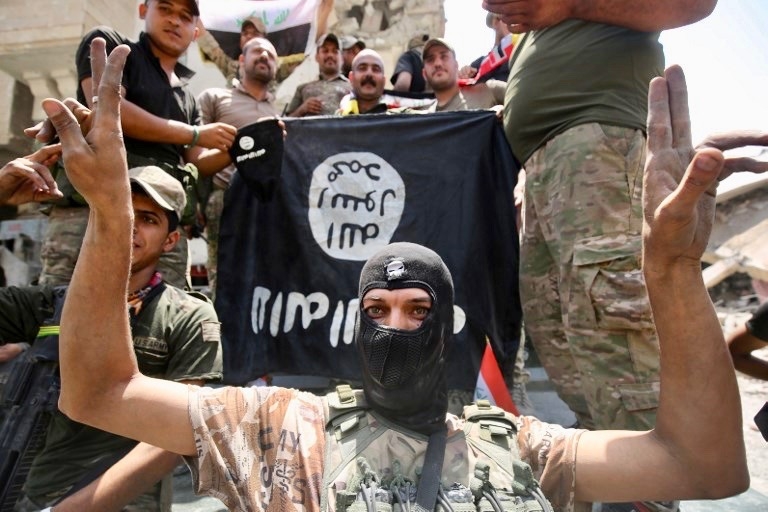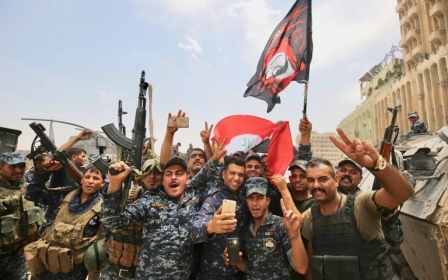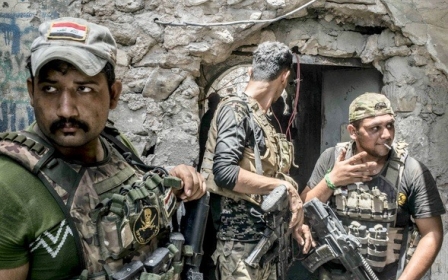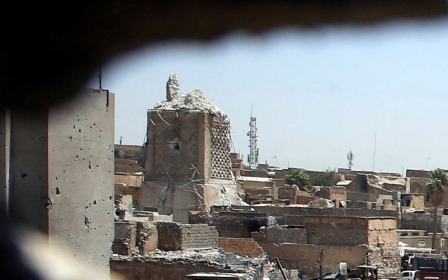IS militants slain trying to flee Mosul

A group of militants tried to escape across the Tigris River from west Mosul where they hold a dwindling pocket of territory, but were killed by Iraqi forces, a senior commander said on Saturday.
In the almost nine months since Iraq launched the massive operation to retake Mosul, the Islamic State (IS) group has gone from holding the entire city to being trapped between security forces and the Tigris River on its western side.
Still, the militants have put up fierce resistance in recent days, keeping Iraqi troops from sealing what will be the biggest defeat yet suffered by IS.
"Some of them tried to cross to.... the far bank [of the river], but we have forces there," said Staff Lieutenant General Abdulghani al-Assadi, a senior commander in Iraq's elite Counter-Terrorism Service.
The militants tried to go back, but security forces "fired on them and killed them," he said, without specifying how many died.
Iraq's Joint Operations Command issued a statement saying that 35 IS members were killed and six captured when they tried to escape "the advance of our forces" in Mosul's Old City.
IS fighters remaining in Mosul's Old City - a densely populated warren of narrow streets and closely spaced buildings that Iraqi forces have struggled to retake - have been estimated to number in the hundreds.
But the area's terrain is ideal for the outnumbered militant defenders, and the battle is complicated by the many civilians trapped amid the fighting.
Mosul is "one of the most difficult urban campaign battles we've seen since World War II, particularly in the western side of the city," Brett McGurk, the US envoy to the international anti-IS coalition, told journalists in Baghdad on Saturday.
IS overran large areas north and west of Baghdad in 2014, but Iraqi forces backed by US-led air strikes have since regained much of the territory they lost.
The recapture of Mosul will not, however, mark the end of the threat posed by IS, which holds territory elsewhere in Iraq and is able to carry out frequent bombings in government-held areas.
Middle East Eye propose une couverture et une analyse indépendantes et incomparables du Moyen-Orient, de l’Afrique du Nord et d’autres régions du monde. Pour en savoir plus sur la reprise de ce contenu et les frais qui s’appliquent, veuillez remplir ce formulaire [en anglais]. Pour en savoir plus sur MEE, cliquez ici [en anglais].




